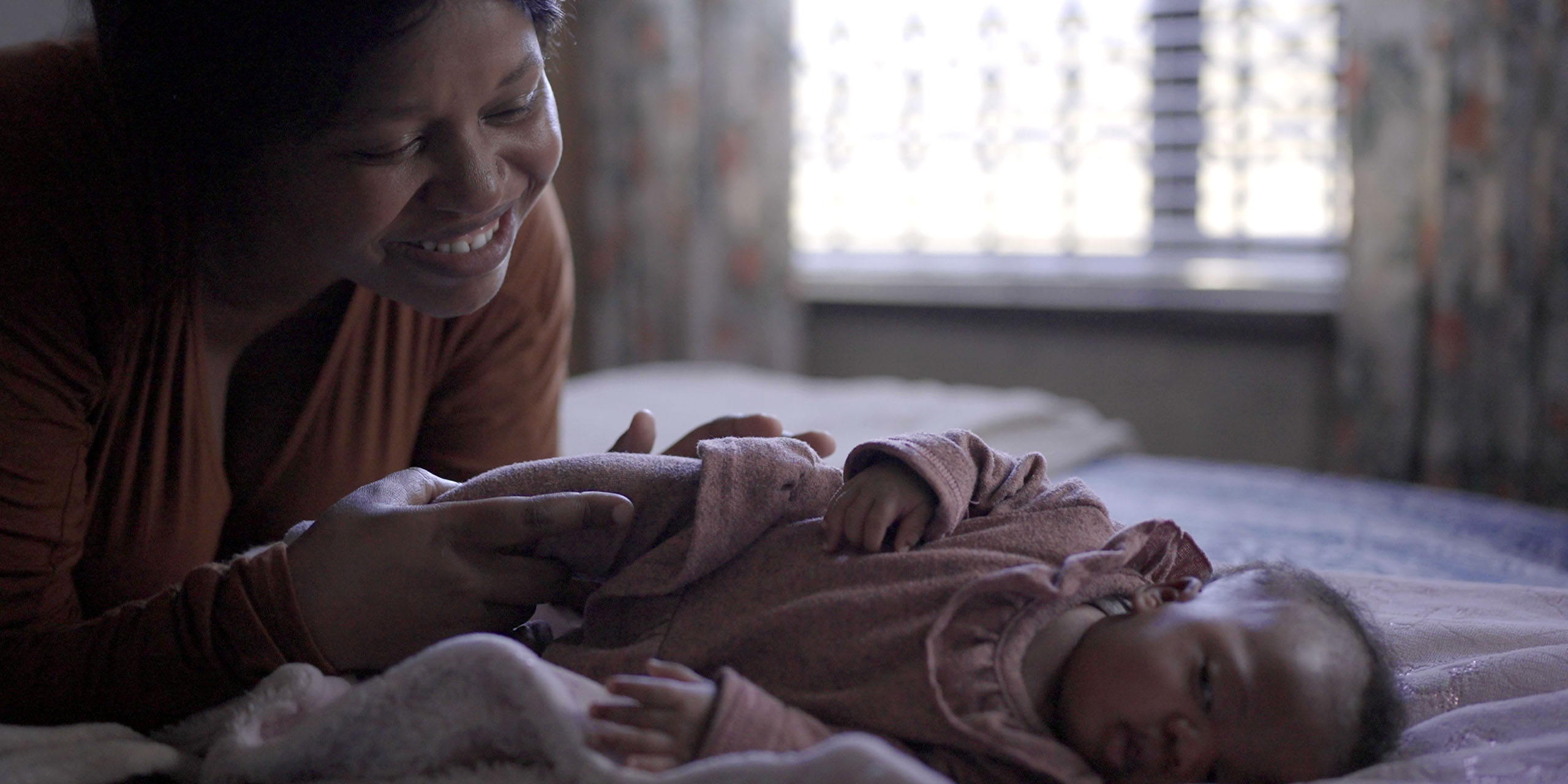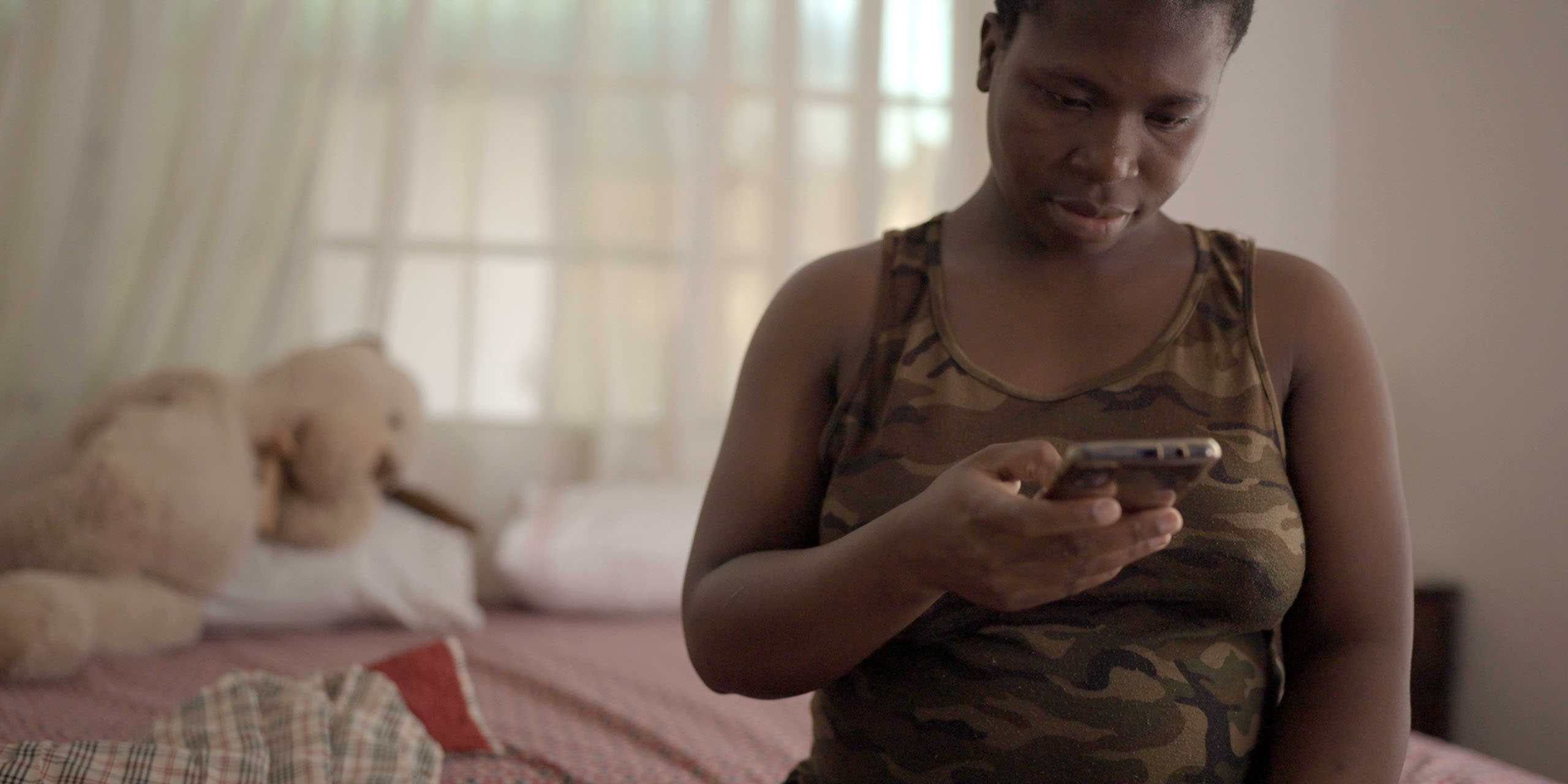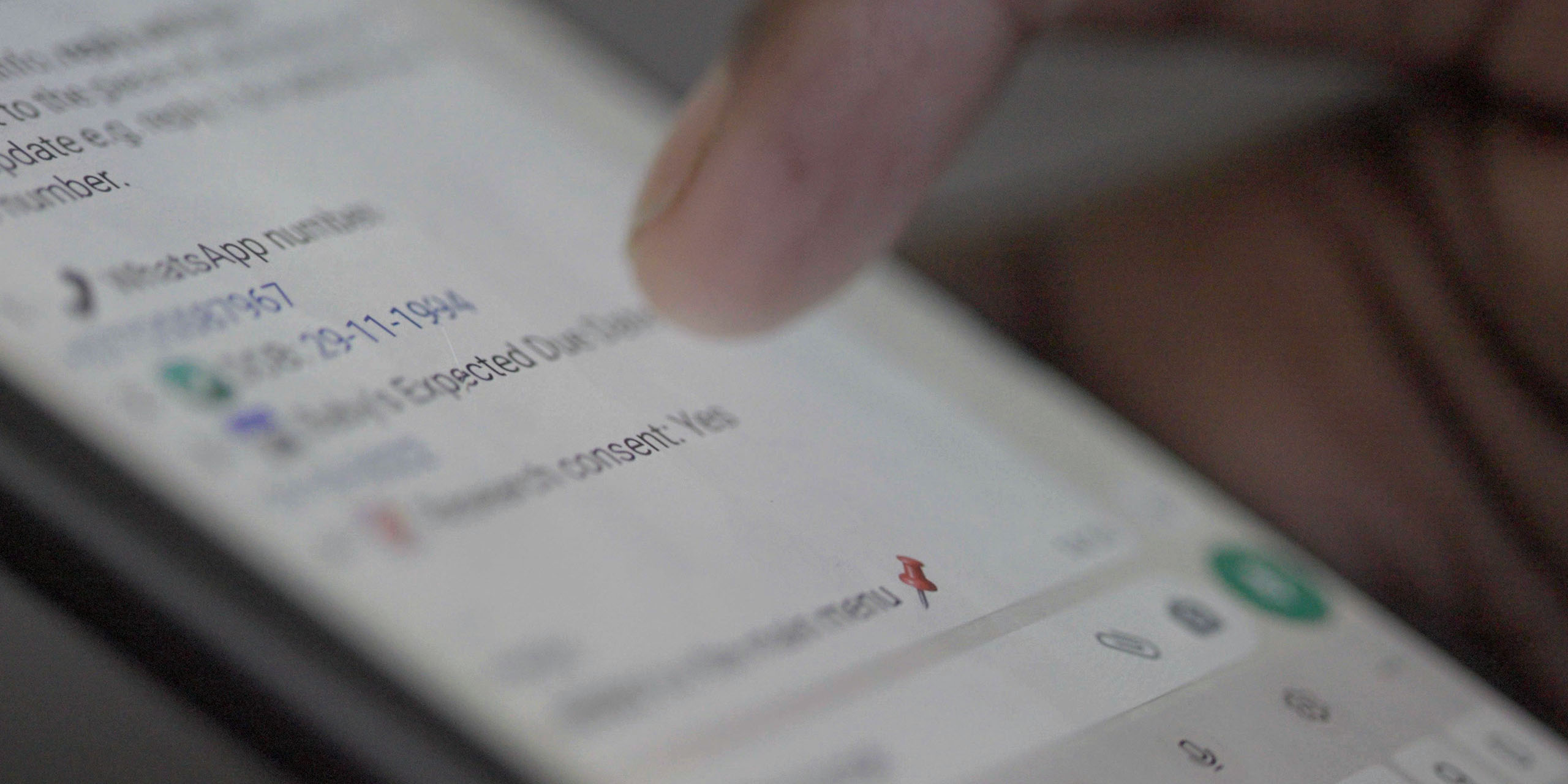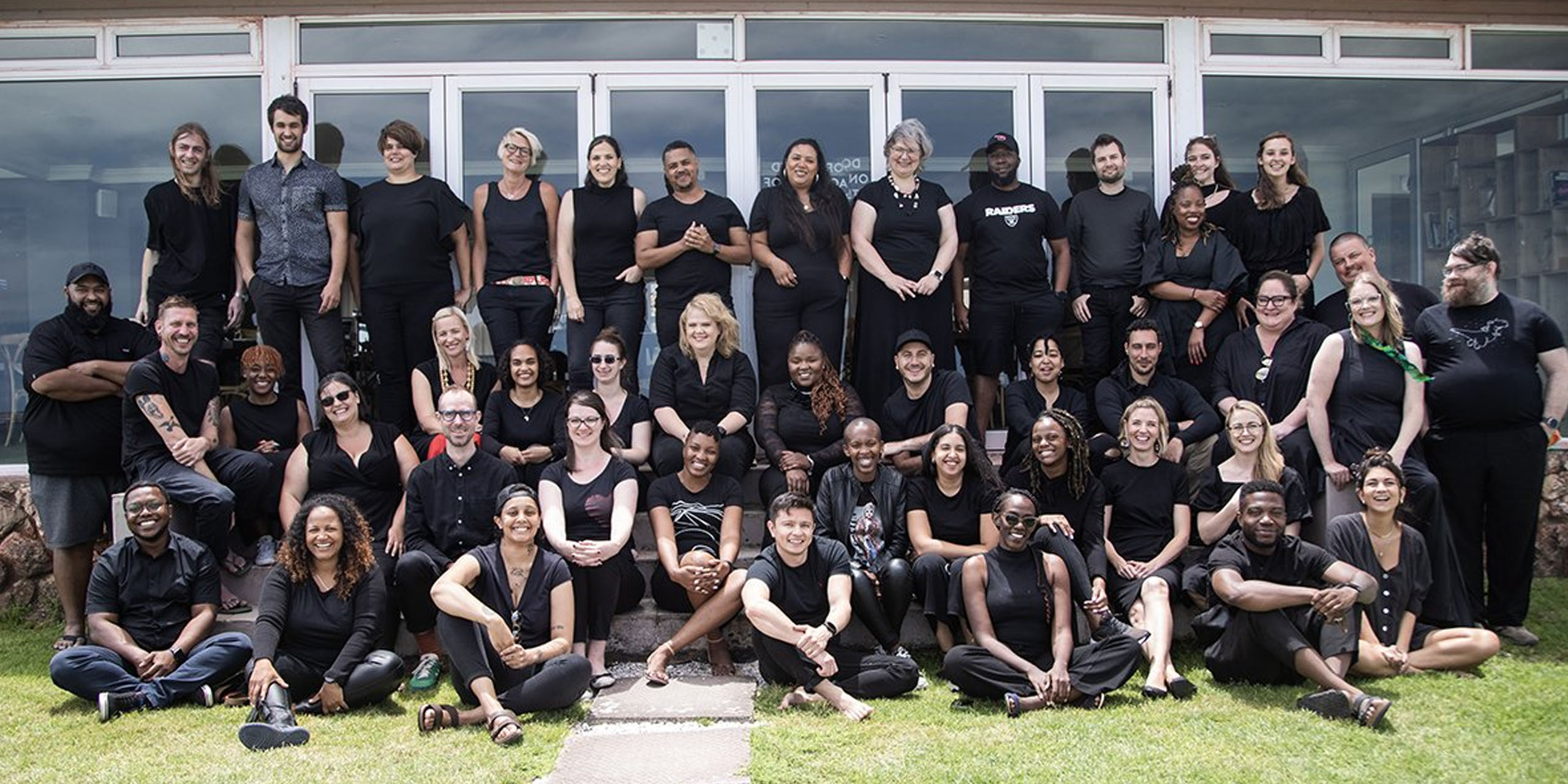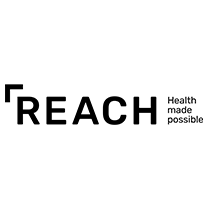
About the Organization
Lack of access to health services contributes to unnecessary and preventable deaths. Marginalized and low-income populations are disproportionately affected by a lack of access and agency, and without accurate, reliable information, individuals struggle to make the best decisions about their health. Governments and health service providers similarly lack infrastructure and know-how to effectively communicate with the populations they serve. The COVID-19 pandemic highlighted this gap—most health systems struggled not only to collect data from populations but also to engage communities and transmit accurate, up-to-date information to clients and health workers.
Reach Digital Health builds two-way, digital, client-centered communications into the suite of primary health care services that governments deliver to their citizens—bringing access to information, health services, and other resources to those underserved and unreached. Reach Digital Health has built services for several program areas (maternal and child health, HIV/AIDs adherence, immunization, tuberculosis, COVID-19, noncommunicable diseases, and more) using a set of interconnected communication channels (two-way IP messaging, SMS, USSD, web tools), all of which can be tailored, integrated, and scaled up according to government priorities and urgent population needs.
Reach Digital Health is working toward a world where marginalized people are safe from disproportionate impacts of disease outbreaks, the impacts of disease outbreaks are consistently contained locally, disparities in health outcomes among the most marginalized are eliminated, and countries in target regions can serve everyone’s health needs, day-to-day and during public health crises.
Ambition for Change
Systems and data integrated across all levels and silos. Health workers equipped, trained, and integrated to deliver care. Governments commit to and deliver necessary resources.
Path to Scale
Reach Digital Health partners with the government of South Africa, the World Health Organization, and proximate partners outside South Africa to scale its services and realize a more integrated vision for direct-to-client digital health.
Debbie Rogers has held leadership roles at Reach Digital Health for nine years, most recently as CEO. Debbie led the service design of the National Department of Health in South Africa's MomConnect program and focuses on advancing mobile technology for health. Her advanced degrees in electrical and electronic engineering and digital arts and experience lecturing and working in digital communications allow her to bring technological problem-solving skills and creative insights to her work. Rogers was a member of the World Health Organization Digital Health Technical Advisory Group from 2019–2022 and is the director and board chair for the African Developers Academy.
- MomConnect, a project of Reach Digital Health, serves over 60 percent of mothers delivering in public facilities across South Africa on an ongoing basis; improves breastfeeding, prenatal care visits, and other critical health behaviors
- Reached 24 million new users through its COVID-19 response

Milton Madanda
Director of Platform, Reach Digital Health
Carlos Yerena
Director of Partnerships and Growth, Reach Digital HealthThe Role of mHealth in South Africa
Stanford Social Innovation Review, 20 Feb, 2013MomConnect lets expectant mothers know what to expect
Financial Times, 16 May, 2020South African partnership hopes to prove text messages can save the lives of mothers and children
Ground Truth Project, 29 Sept, 2014What will it take to bring digital health solutions to scale?
Devex, 13 Jan, 2022HEALTHCONNECT IN SOUTH AFRICA: A CHATBOT TOOL FOR PANDEMIC RESPONSE
Exemplars In Global Health,
